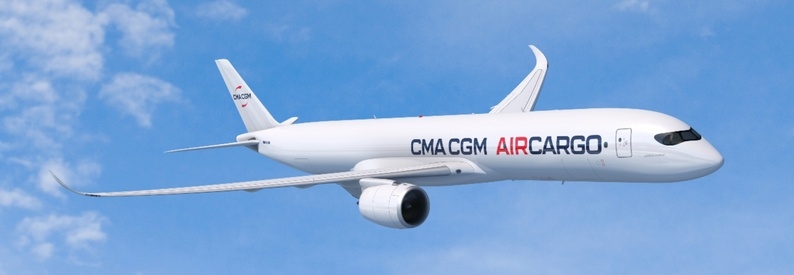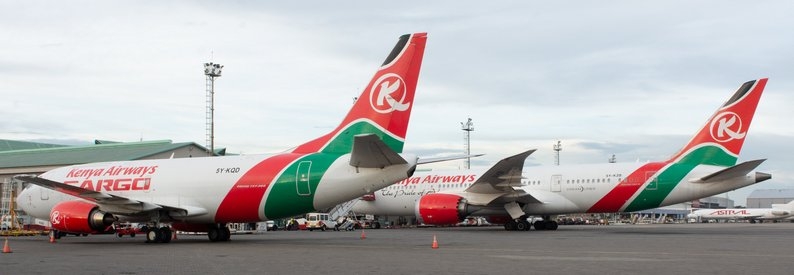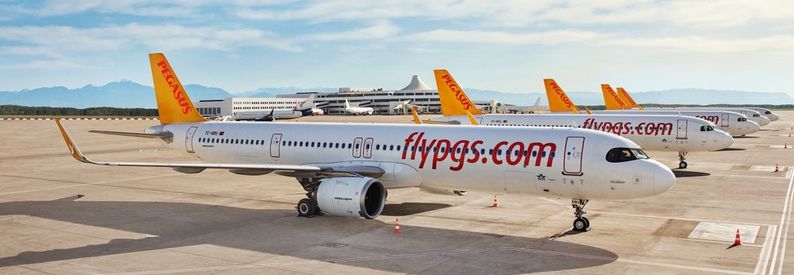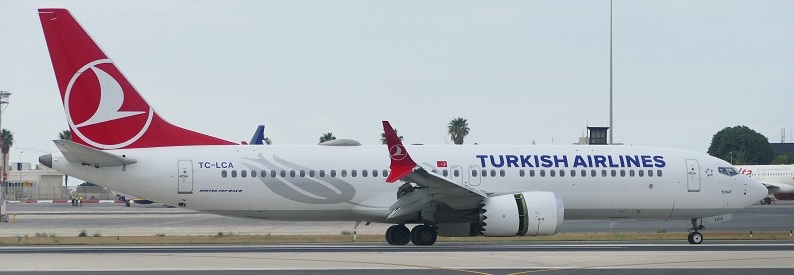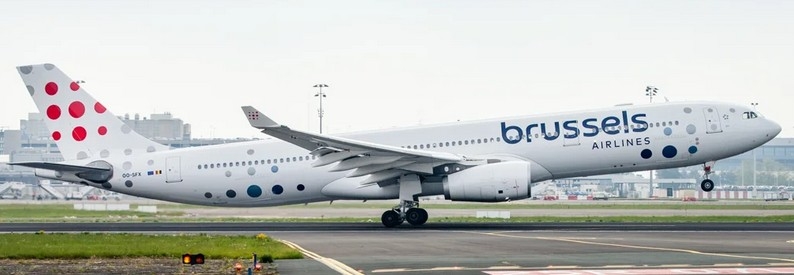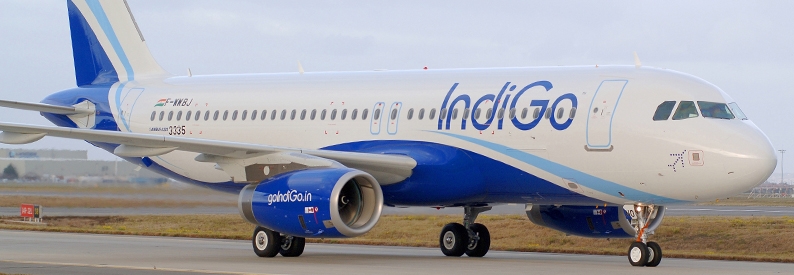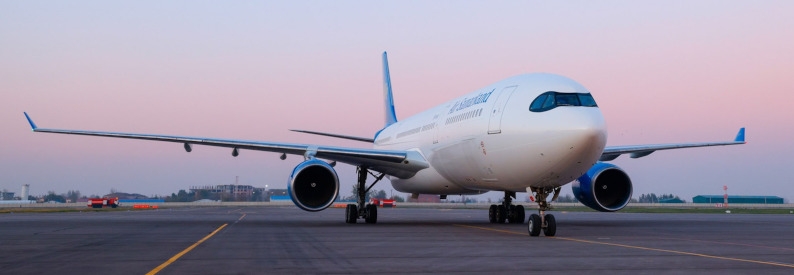Turkish Airlines (TK, Istanbul Airport) is severely constrained in its growth ambitions by the lack of available narrow- and widebody next-generation aircraft and could add as many as 70 new aircraft in 2023, Chairman Ahmet Bolat told aviation journalist Kurt Hofmann.
"I’m planning to open new routes, but missing widebodies. If I can find them right now, we could easily buy 20 more next-generation widebody aircraft - B787s or A350s - ready to come in 2023," Bolat said.
The carrier had hoped that once the FAA had recertified B787 production, deliveries of the carrier's ten remaining firm-ordered B787-9s (of which eight are already built) would have progressed smoothly. Bolat said that this hope had proven misplaced, and "nobody knows when Boeing delivers[sic] our B787s". The ch-aviation fleets module shows that Turkish Airlines currently operates fifteen B787-9s.
To compensate for the B787s' absence, the airline scooped six A350-900s originally assigned for Aeroflot (SU, Moscow Sheremetyevo) earlier this year. Four of them have already been delivered, with the other two due to follow by year-end. In addition to these aircraft and eleven A350-900s already in Turkish Airlines' fleet, the carrier has a further 13 on order from Airbus.
Bolat said the airline is looking for more white-tail widebodies as it is the only way to rapidly add more capacity.
Aside from a widebody deficit, Turkish is also struggling with a shortage of narrowbody aircraft. Bolat said the airline holding group will be able to absorb up to 50 next-generation aircraft - either A320neo Family or B737 MAX - in 2023. The new units will be split evenly between the mainline carrier and AnadoluJet division.
"I have the routes where we would need all these aircraft and also, it gives us advantages to replace my old fleet - about half of the new aircraft would be replacements of older aircraft," Bolat explained.
Turkish Airlines' and AnadoluJet's narrowbody fleet currently comprises six A319-100s, eleven A320-200s, a single A320-200N, sixty-six A321-200s, thirty-six A321-200NX, seventy-nine B737-800s, twenty-seven B737-8s, and five B737-9s.
Bolat added that the carrier is also in talks with Embraer about adding its first regional jets. However, any such step would be contingent on the manufacturer offering extensive maintenance support for a relatively small sub-fleet.
"Bring the aircraft, the pilots, bring power-by-the-hour maintenance, then I'll take the aircraft. Such an offer I would consider," he mused.

